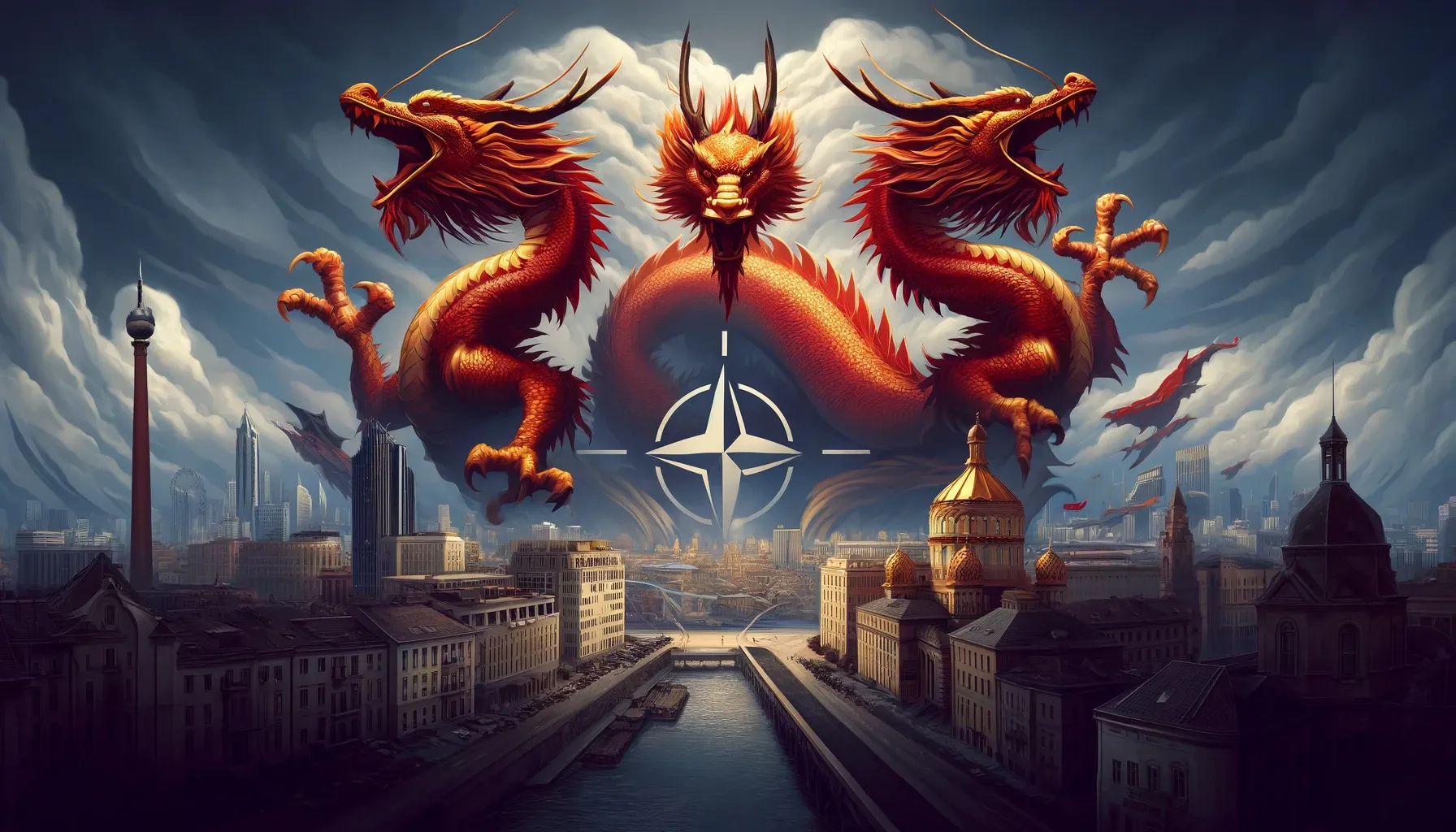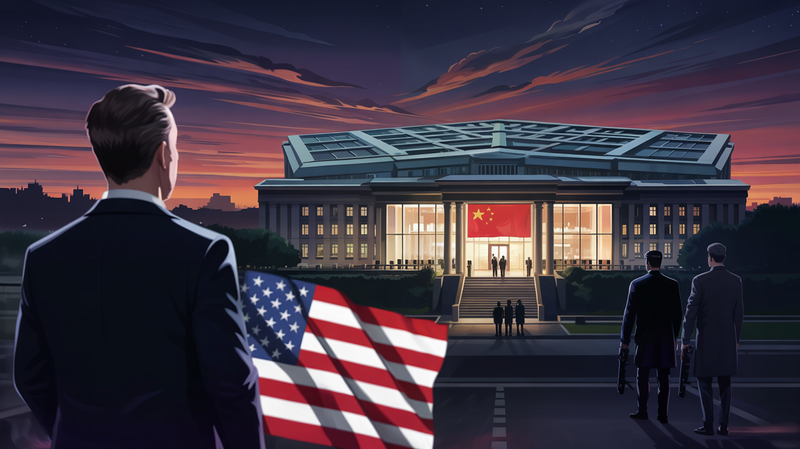Xi Jinping's Forceful Remarks on NATO Actions and Strengthening Ties with Serbia
During his first European trip in five years, Chinese President Xi Jinping has openly criticized NATO for the 1999 bombing of the Chinese embassy in Belgrade. This comes as Xi seeks to solidify relations with Serbia, highlighting the enduring impact of the incident on Chinese-Serbian relations. The timing is significant
During his first European trip in five years, Chinese President Xi Jinping has openly criticized NATO for the 1999 bombing of the Chinese embassy in Belgrade. This comes as Xi seeks to solidify relations with Serbia, highlighting the enduring impact of the incident on Chinese-Serbian relations. The timing is significant as it coincides with the 25th anniversary of the bombing, an event that Xi described as a "flagrant" act by NATO that resulted in the deaths of three Chinese journalists.
As Xi prepares for his visit to Serbia, his remarks underline the deep-seated solidarity between China and Serbia, a relationship he describes as "forged with the blood of our compatriots." This sentiment is visibly reciprocated in Belgrade, where neighborhoods were adorned with Chinese and Serbian flags, and banners comparing Serbia's claim over Kosovo with China's claim over Taiwan, stating "Kosovo is Serbia — Taiwan is China."
This trip is not just a bilateral visit but has broader geopolitical implications. Analysts view Xi's itinerary, which includes stops in Hungary and discussions with European leaders like French President Emmanuel Macron, as an attempt to leverage continental divisions over Russia and the U.S., potentially aiming to weaken the unity of NATO and the European Union on policies towards China. The trip highlights differing perspectives within Europe, with countries like Serbia and Hungary maintaining a more pro-Russia stance despite the ongoing conflict in Ukraine.
In Belgrade, Xi will be hosted by Serbian President Aleksandar Vučić, who served as the propaganda minister during the NATO bombing under then-leader Slobodan Milošević. This historical context adds layers to the visit, reflecting a shared narrative of grievance against NATO actions, which continue to fuel a sense of mutual support between China and Serbia.
This visit also casts light on China's increasing economic influence in Serbia, where it is now the largest foreign investor and holds a significant portion of the country's foreign loans. This economic presence is seen by some analysts as a failure of the European Union and Western powers to engage effectively in the region, allowing China to fill the void. This dynamic is complicated by the EU's recent offer of a €6 billion growth package to Western Balkan countries, which, according to Serbian EU affairs experts, is less appealing than Chinese offers that come without stringent conditions.
Overall, Xi's visit and statements reflect China's strategic push to enhance its geopolitical stance in Europe, challenge existing alliances, and promote a multipolar world order where its influence is extended through strategic partnerships and economic investments.





